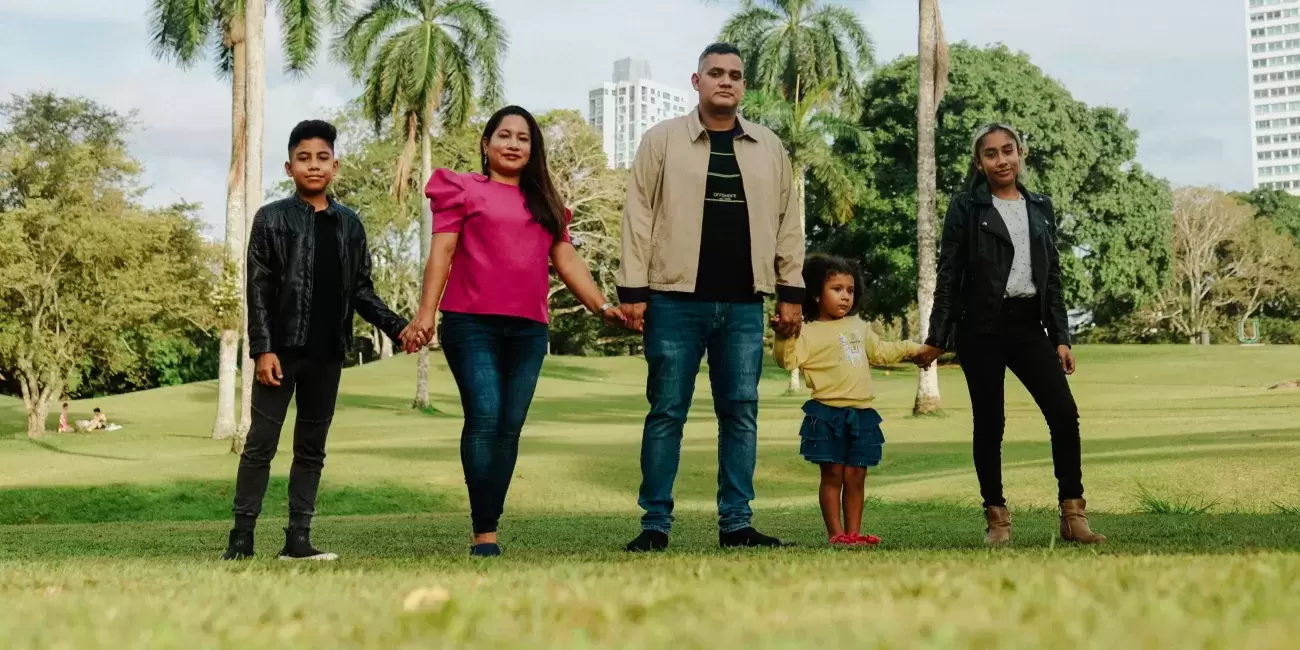Communities of Latine and Hispanic descent

In Latine and Hispanic communities, mental health is often a stigmatized topic. This stigma and the challenges that come with immigration, adapting to U.S. culture, and generational trauma may make it harder for someone to maintain their mental well-being. Latine and Hispanic communities may also face obstacles, such as language barriers and limited insurance options, due to immigration status.
Mental health resources for communities of Latine and Hispanic descent
- Take a mental health test
- Racial trauma
- Culturally-based practices
- Community care
- What is health insurance?
- How to find an anti-racist therapist
- Is my therapist being racist?
- I’m angry about the injustices I see around me
- Webinars
- Blogs:
- Recursos en Español
- Centro de recursos de salud mental en Español (Spanish language resources)
- Prueba de depresión
- Prueba de ansiedad
- American Society of Hispanic Psychiatry
- Caminar Latino
- Esperanza United
- Estoy Aqui
- Latino Equality Alliance
- Latinx Therapists Action Network
- Latinx Therapy Podcast
- Latinx Therapy
- MANA - A National Latina Organization
- NAMI: Compartiendo Esperanza
- National Alliance for Hispanic Health
- National Hispanic Medical Association
- National Latino Behavioral Health Association
- Sad Girls Club
- The Latinx Mental Health Podcast
- Therapy for Latinx
- UnidosUS
- Yo Soy Ella
*A note on language: These materials will primarily use "communities of Latine and Hispanic descent" to encompass the diversity of people from various countries, regions, and cultural backgrounds within Latin American and Spanish-speaking communities. Furthermore, MHA will use “Latine” rather than “Latino” as a gender-neutral term to be more inclusive of gender-diverse individuals. While “Latino” is traditionally a gender-neutral term in Spanish, there are a growing number of Latine and Hispanic individuals who identify with “Latine.” This terminology is still gaining popularity among those within these communities and continues to be an area of debate among Spanish speakers. Government and academic data cited may use additional identifiers.
Find resources in Spanish
Take a Mental Health Test
If you are struggling with your mental health, take an anonymous, free, and private mental health test. It only takes a few minutes, and after you are finished you will be given information about the next steps you can take based on the results.
If you or someone you know is struggling or in crisis, help is available. Call or text 988 or chat 988lifeline.org. You can also reach Crisis Text Line by texting HELLO to 741741.


